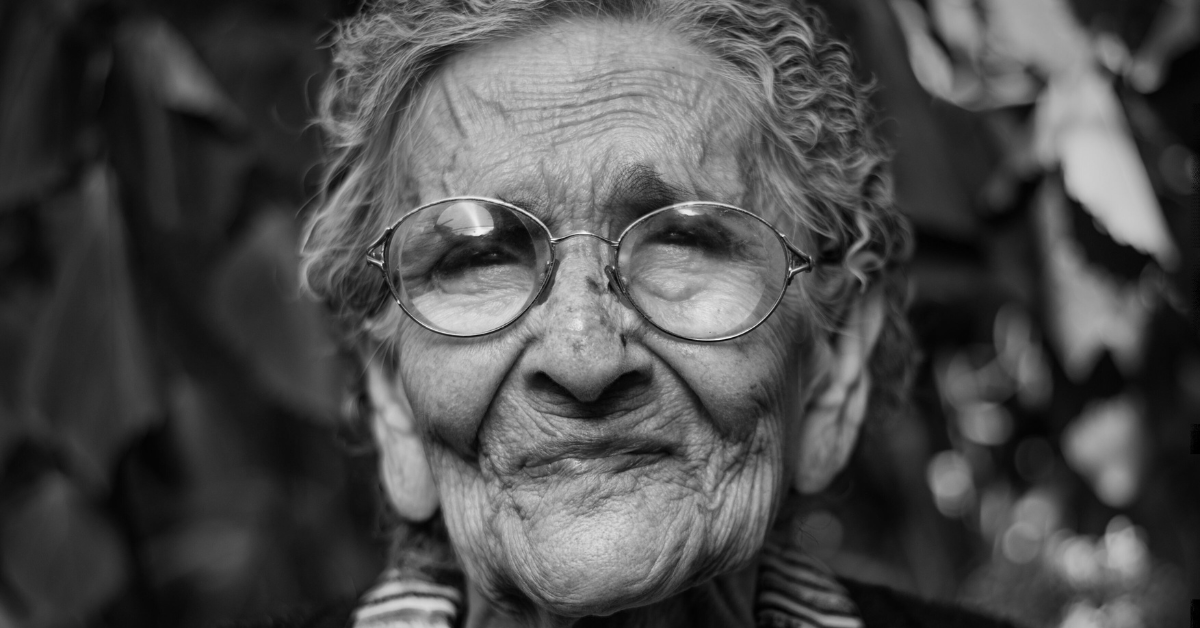This is the 2nd installment of Faith+Lead’s Faith in Daily Life series in which we explore the varieties of vocation, and tell untold stories of resilience and deep faith lived out in the world. (The first can be found here.) This time we have an interview with Jan Hegman, a hospice nurse practitioner in Northern Minnesota.
Faith+Lead (F+L): How/why did you decide to go into working with/caring for people at the end of life?
Jan Hegman (JH): I’ve always wanted to help people be better, either in body or spirit. I was trained in advance care planning and enjoy discussing choices and thoughts of dying. It sounds morbid, but dying is just as much a part of life as birth.
I was working with oncology patients from diagnosis to end of life, which was very emotionally stressful for me. I realized I felt called to specifically help people come to the understanding that the end of their lives were near and how to find joy in those days.
Working in oncology, I found that our culture is not comfortable with death. In working with hospice patients, I can help bridge that, and help patients and their families come to terms with it and find purpose in their last days.
F+L: Is there a specific memory that comes to mind that was decisive for you in making the transition from general oncology to specifically end-of-life care?
JH: I had an oncology patient who had pursued treatment for years. She was tired and did NOT want any more treatment. We talked about it many times and she was certain she was ready to go be with Jesus. When she told the oncologist, he gave a non committal “okay,” and then said, “when you feel better, we can start you on a lower dose of chemo.” She didn’t argue with the doctor, but after the appointment she asked to speak with me. She was in tears, saying she didn’t want to do any more treatment. I was able to reassure her she didn’t have to. It was her choice. She died about two months later, telling me at the end that she appreciated me standing in her corner. I think part of what was meaningful in that situation was that she had such peace about where she was going. She didn’t seem afraid of death, but instead was embracing going to be with Jesus. I knew then that I wanted to help others on that journey.
F+L: Could you walk me through an average day of work?
JH: Sure, I usually get up between 6:30-7:00, depending on the day. I prep charts then head out to patients’ homes or the facilities where they live. Because I live in rural Minnesota, I average over 100 miles per day. (Last week I logged 750 miles.) I cover a radius of about 150 miles. My main job is to go into homes and assess people to see if they are still appropriate for hospice. I talk with them about their wishes and goals and what’s important to them, and then try to make that happen. I usually spend 30-60 minutes with them. I do a physical exam and check with their caregivers to see what they are seeing, then I check in to see if there’s anything the caregiver needs.
F+L: Where do you see God in your work?
JH: One of the things that touches me most is looking at an older person with significant dementia.* Their eyes are often blank and they don’t respond. But there is something so beautiful about them. I feel like I’m seeing them through Jesus’ eyes, and seeing how much he loves them, and me.
F+L: How has your professional work had an impact on your non-work life?
JH: My parents are both in their nineties, and from my experiences of going into facilities and seeing the quality of life of some of these folks, I think it will be easier for me to let them go. I’ve also learned to respect their wishes and hopefully not force my agenda on them. Living in this dimension of life helps to take the fear out of it.
I’ve been with people as they are dying and it is a very sacred time. God has given me the privilege of walking this road with people, and it’s truly an honor.
*Further Suggested Resource for Church Leaders: Dementia and the Church: Memory, Care, and Inclusion by Mary McDaniel Cail (Fortress Press, 2023). “A touching, and yet very practical approach to understanding dementia and Alzheimer’s disease.” A book written with “sensitivity birthed from painful personal experience and knowledge gleaned from extensive research… a much needed resource for faith communities and their leaders.”



